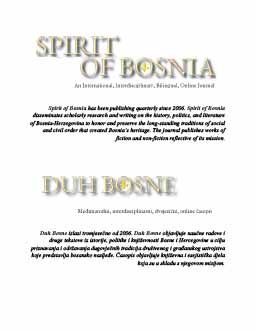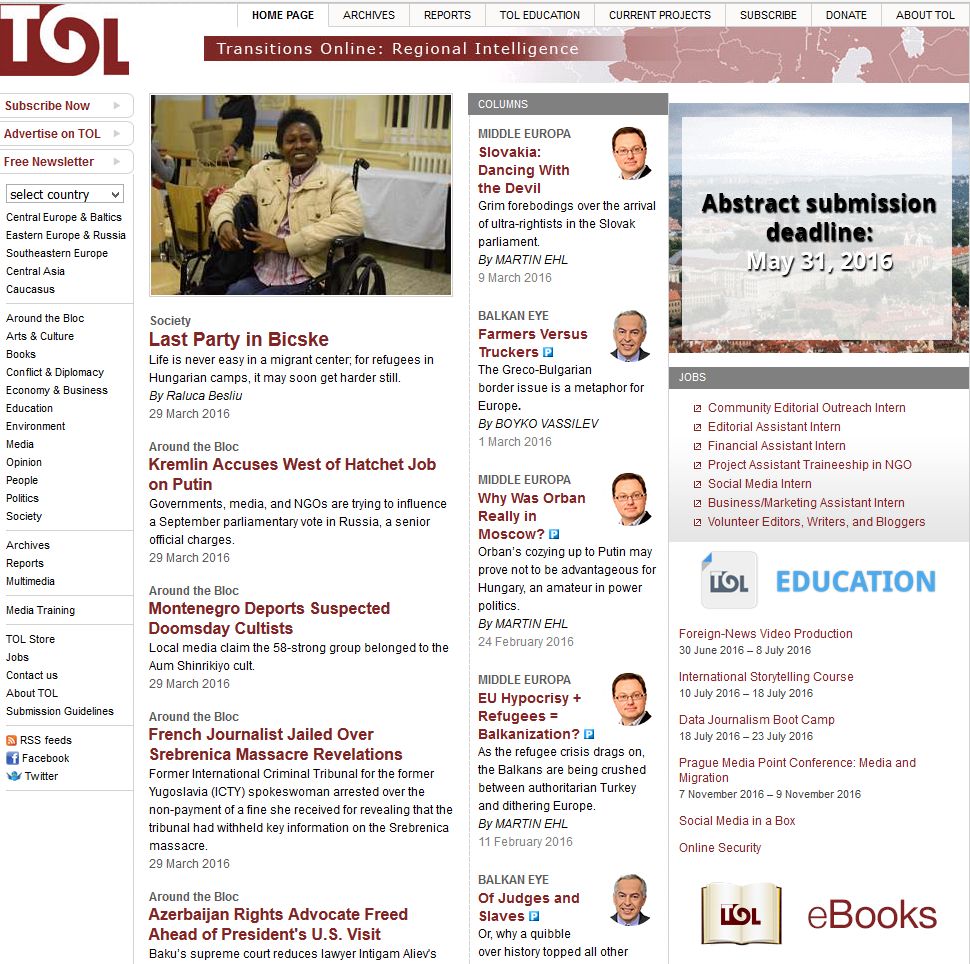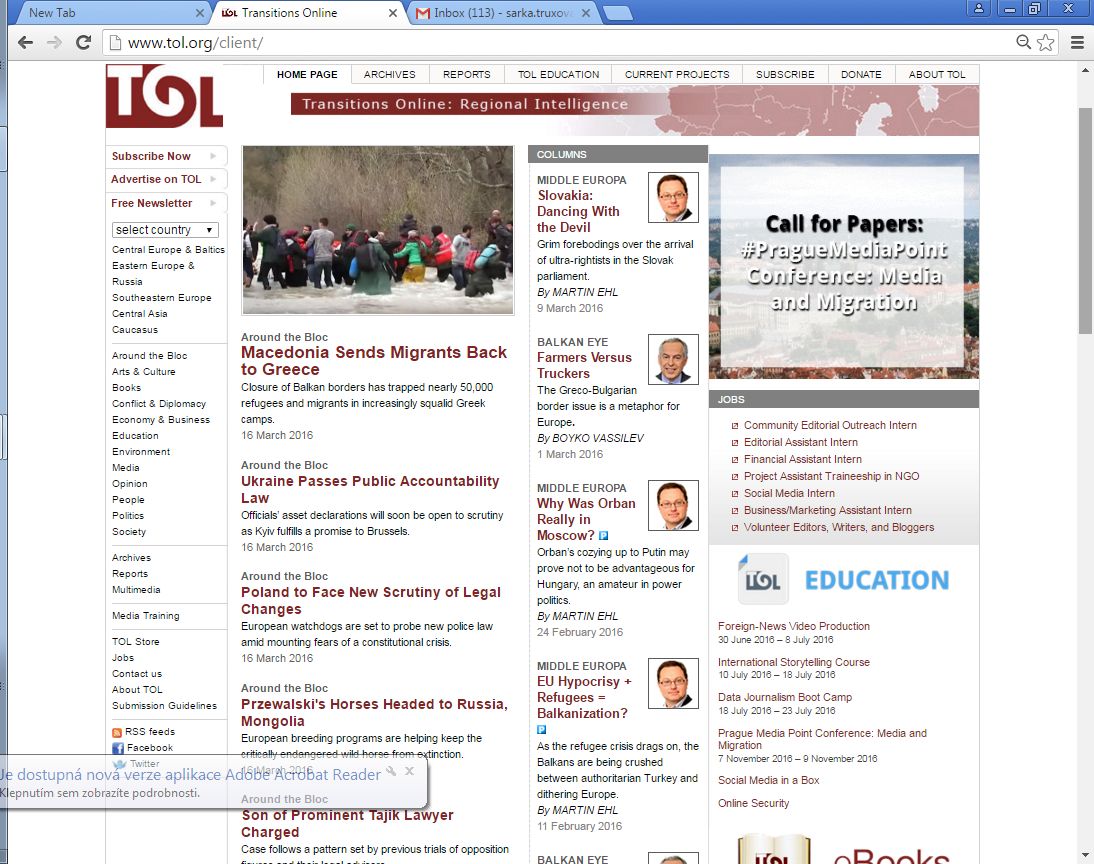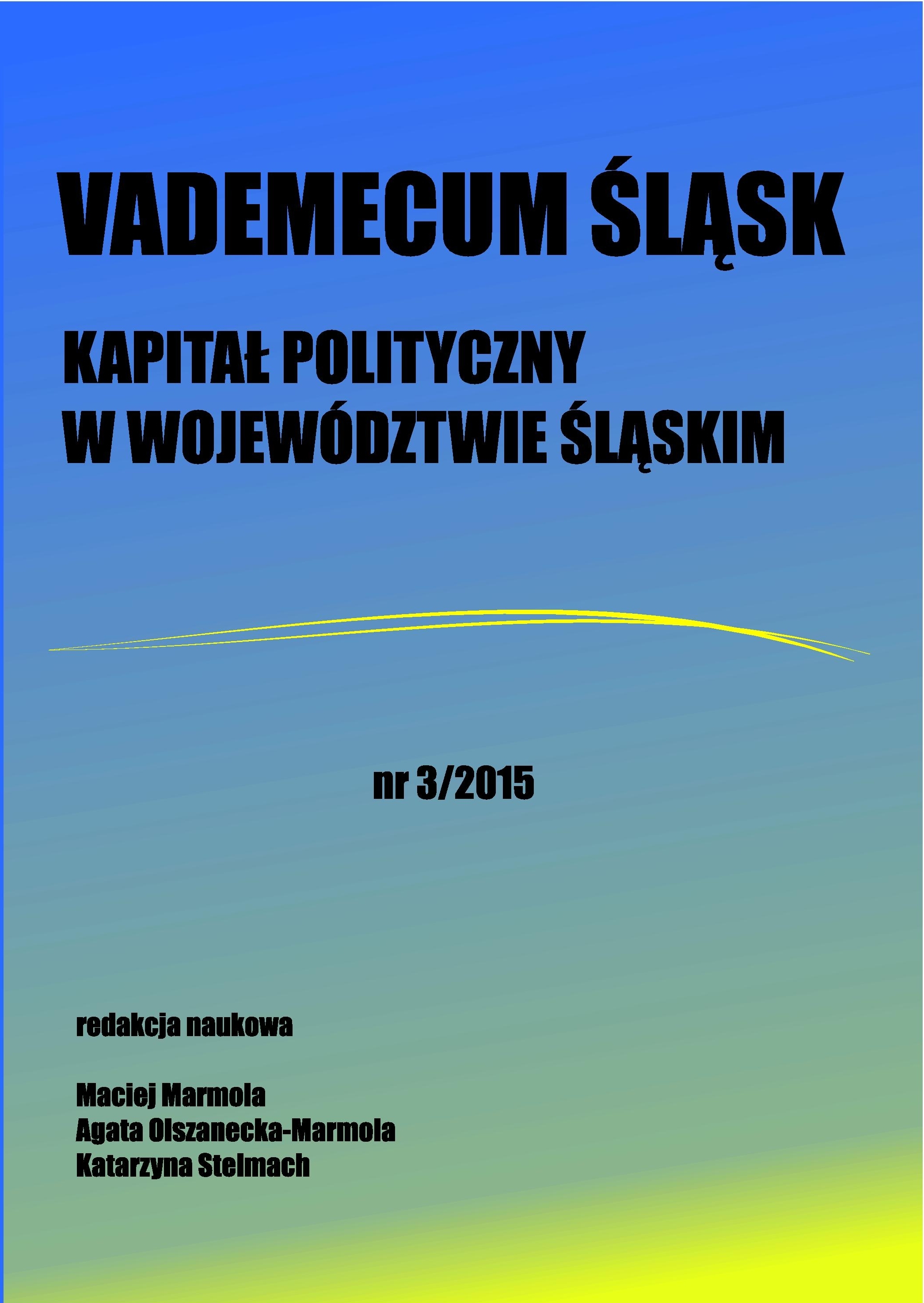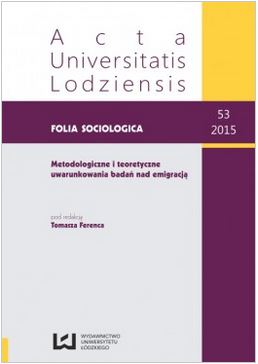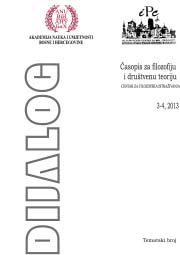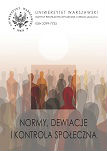
Postrzeganie i respektowanie norm społecznych przez młodzież w okresie adolescencji
The paper discusses the perception and observance of social norms by adolescent youth. The research was conducted with the diagnostic survey method, among pupils and students of three schooling levels: primary, lower-secondary and upper secondary schools. Subjects associated the notion of “social norms” mainly with the obligation to behave in a certain way, with prohibitions, common customs and orders. Legal and moral norms were considered as the most vital, while minor importance was given to manners, traditions or religious norms. The latter had a low connotation for subjects. Nearly half of them showed the knowledge of social norms, and declared that they strive to abide by them in their everyday life. For adolescence, the main push factors to violate social norms are the need to impress and to follow peer behavior or the defective socialization process. The isolation in the peer group and the loss of respect are considered by adolescents as the most serious consequences of social norm violations.
More...

